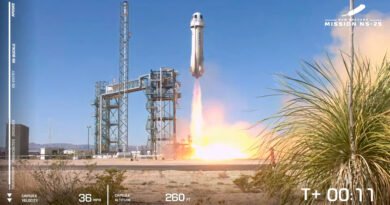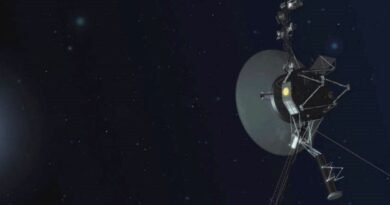Things that Can Break a Fast | The Epoch Times
Some food choices can disrupt your body’s ketosis state.
Wondering if taking your morning multivitamin breaks your overnight fast? What about having a cup of coffee or adding lemon to your water?
If you’re already practicing fasting or considering starting, you’ve likely pondered such questions. It’s important to be aware of hidden calories in certain drinks and the impact of beverages on insulin levels, as these factors can unintentionally affect your fasting efforts.
While technically any intake of calories, no matter how small, ends a fast, the situation is more complex when other factors are considered.
“We have theory and we have practice. Many of these things haven’t been extensively researched academically yet,” explained nutrition scientist Samefko Ludidi in an interview with The Epoch Times.
Understanding how specific foods and drinks impact your body and aligning them with your personal goals can help you stay on track with your fasting routine.
Keep Your Fasting Goals in Mind
Ketosis
While fasting, your body undergoes energy-related changes. Initially, it uses stored energy, or glycogen, followed by breaking down fats to produce ketones, entering a state of ketosis. Ketones become a primary energy source for the brain.
Weight Loss
Fasting can enhance weight loss by improving fat-burning efficiency in ketosis, which also suppresses appetite.
Metabolic Health
Fasting may enhance metabolic health and lower blood sugar levels, including improved insulin sensitivity once in ketosis.
Fasting benefits typically begin after at least 14 hours without food when the body transitions to fat-burning and improved blood glucose metabolism, Ludidi explained.
Autophagy
Autophagy, the cellular repair process, occurs during longer fasts, usually after 20–24 hours, with even greater benefits possible up to 48 hours of fasting.
Exploring the Gray Areas
Coffee and Tea
Black coffee and unsweetened tea are safe during fasting, but be mindful of potential cortisol and stress responses from coffee that could impact blood sugar levels.
What About Cream or Sugar?
Adding fats like cream to coffee may not break the fast in terms of calories but can affect ketosis for fat-burning goals.
Vitamins and Lemon Juice
Vitamins and natural lemon juice with minimal carbs are generally safe during fasting and won’t immediately disrupt ketosis.
Electrolytes
Electrolytes without calories are fine during fasting and can aid hydration and hunger control during extended fasts.
Artificial Sweeteners and Sugar Alcohols
Avoid artificial sweeteners during fasting as they may trigger insulin responses, affecting metabolic health, and can lead to cravings for sweet snacks.
Protein Powder and Collagen
Proteins in supplements can end a fast due to amino acid conversion for energy. It’s recommended to consume them before breaking your fast.
Chewing Gum
Chewing gum may not significantly disrupt fasting, offering freshness and a sense of security to some individuals.
Bone Broth Fasts
Drinking bone broth during fasting for autophagy benefits is generally acceptable as the minimal amino acids present are unlikely to affect the fasted state significantly.
Fasting Best Practices
Start gradually with fasting periods increasing over time to match your body’s signals rather than pushing for extended fasts immediately. Aim for self-care rather than punishment in your fasting routine.
How to Break a Fast
When reintroducing foods after fasting, prioritize fats or proteins before carbohydrates to avoid digestive discomfort and ensure a smooth transition for your digestive system.
While detailed research on fasting protocols is limited, Ludidi advises considering the contents of food and drinks in relation to your goals to determine if they break your fast.



